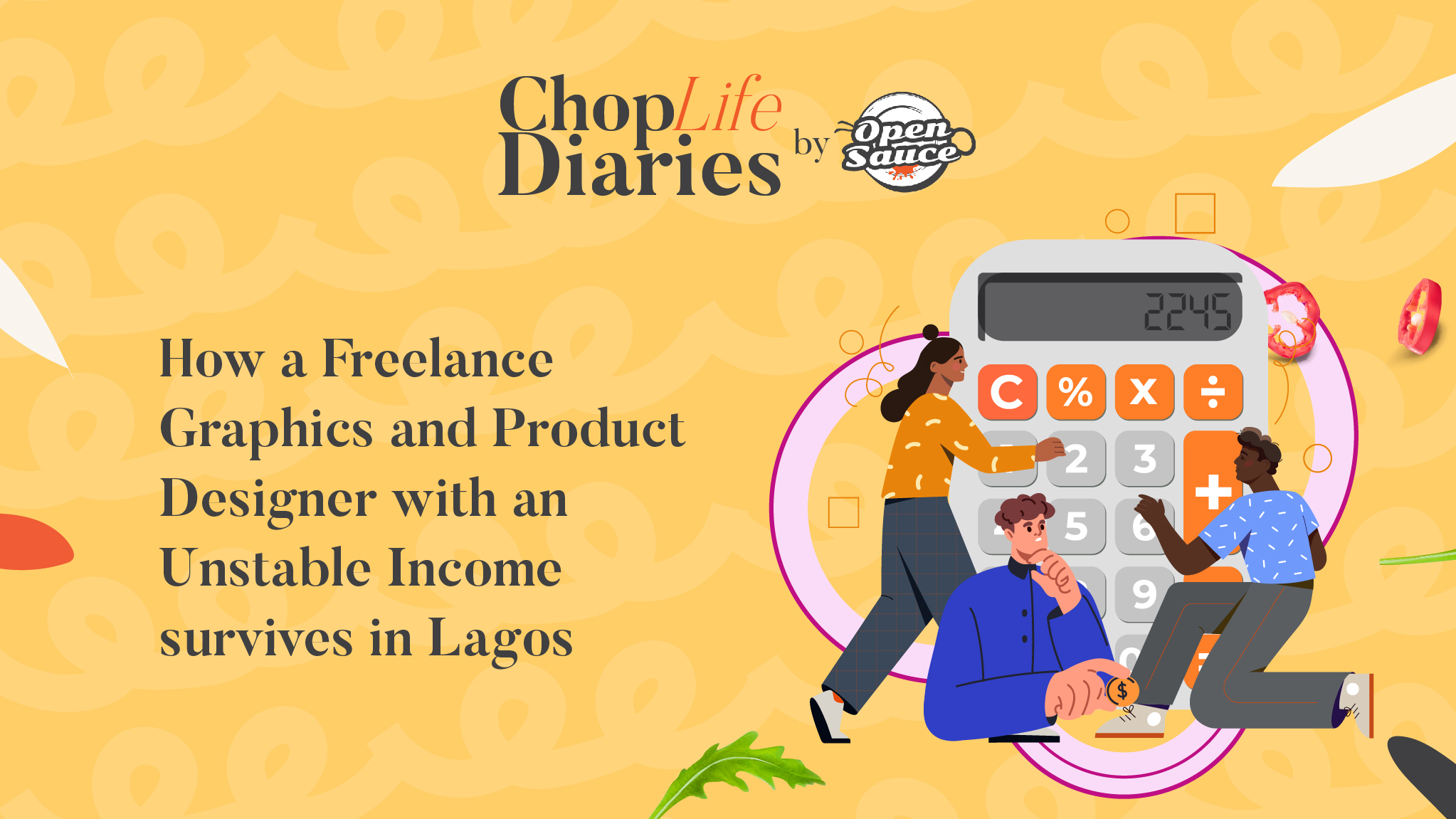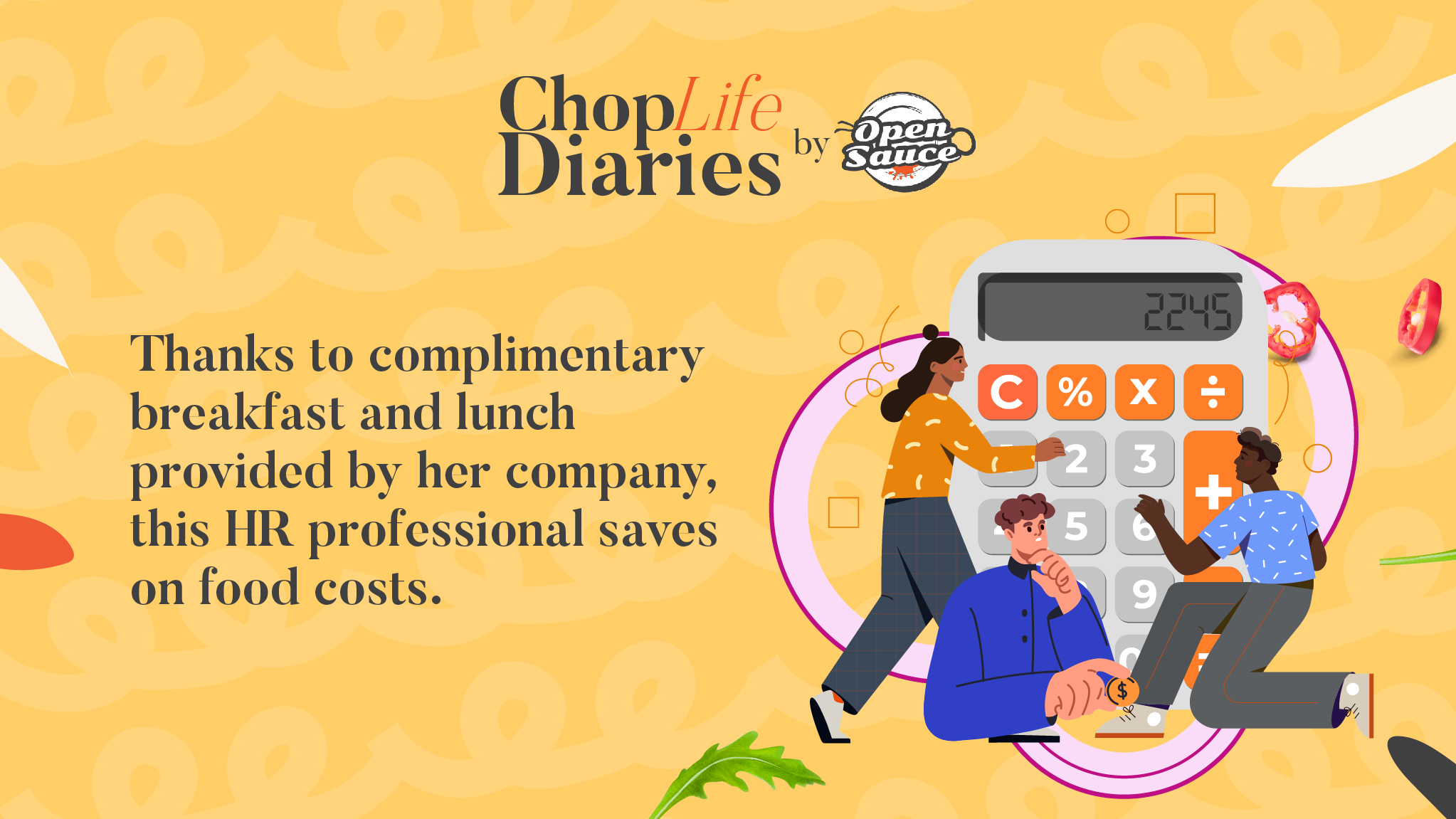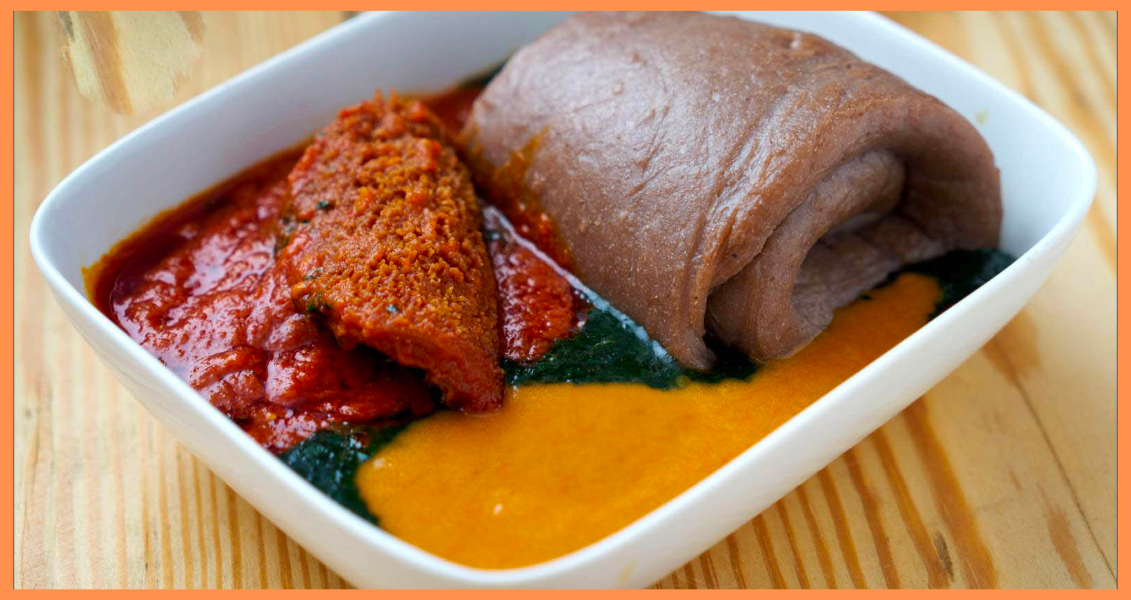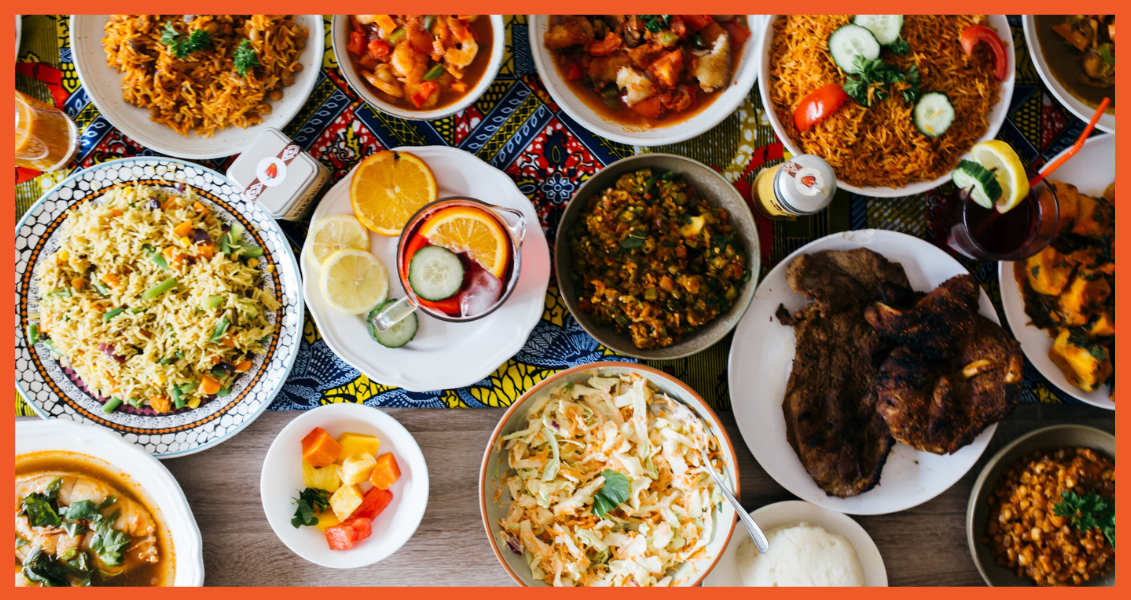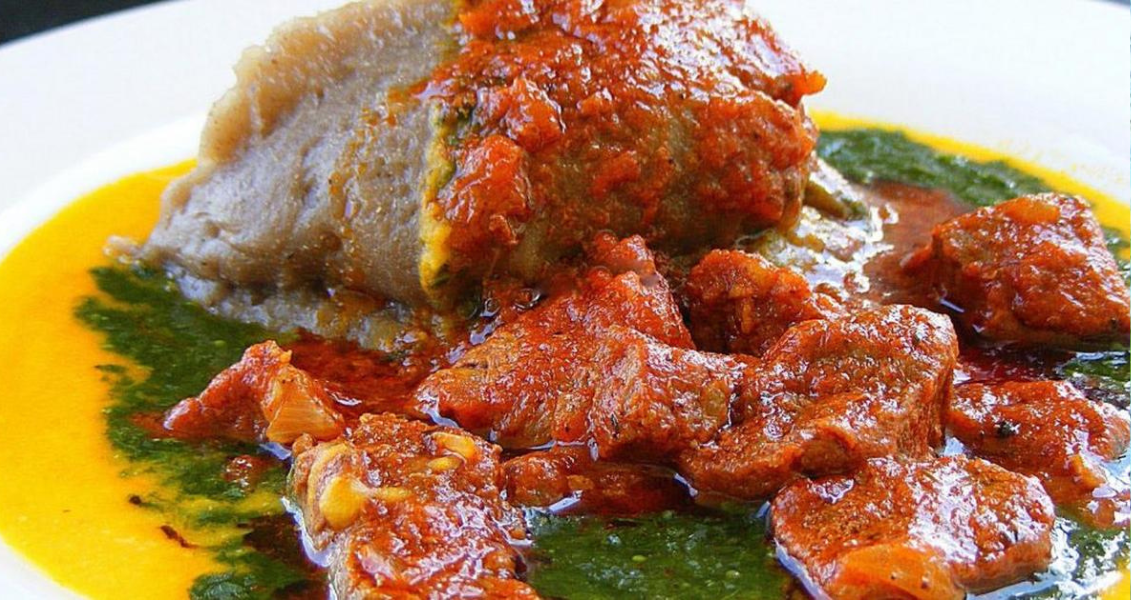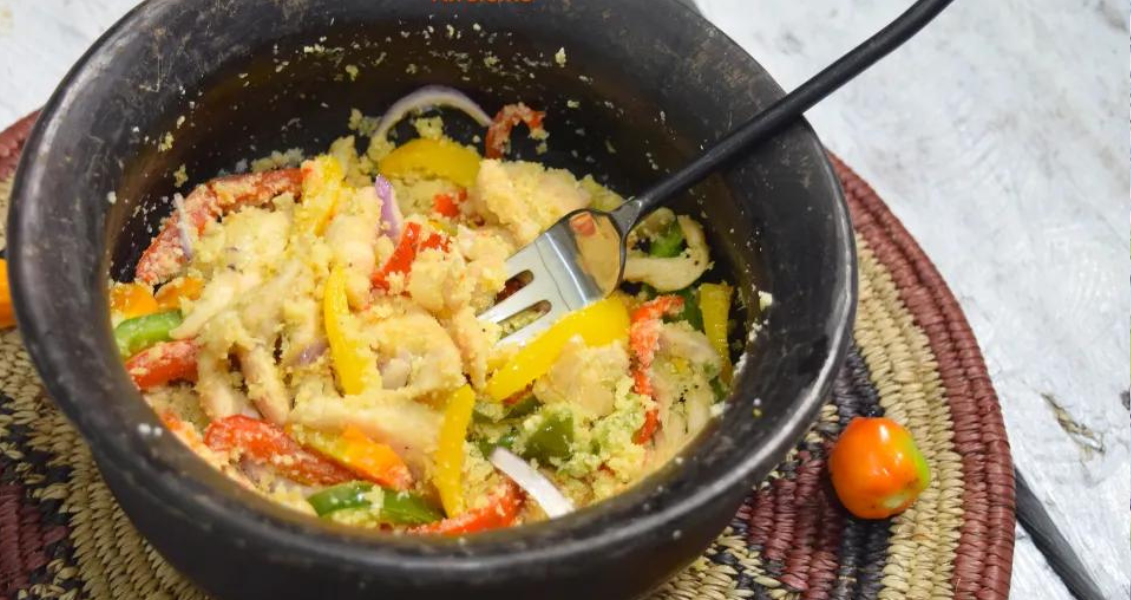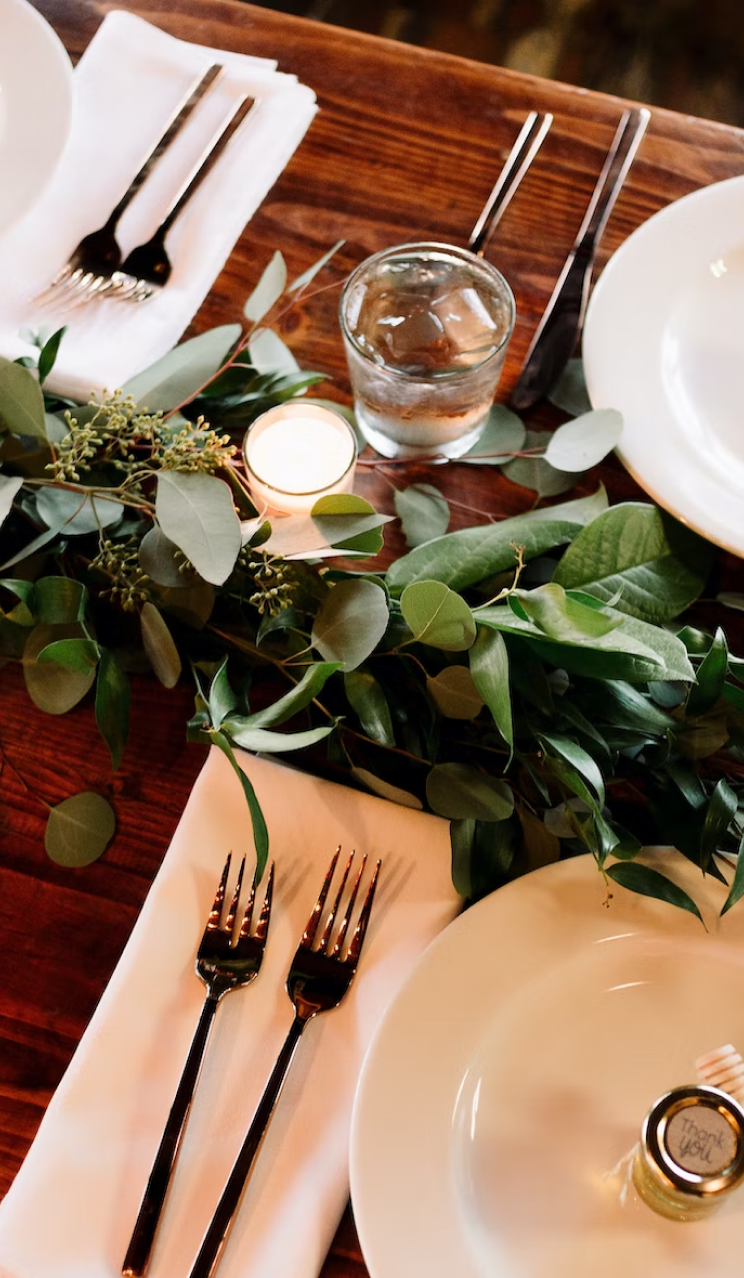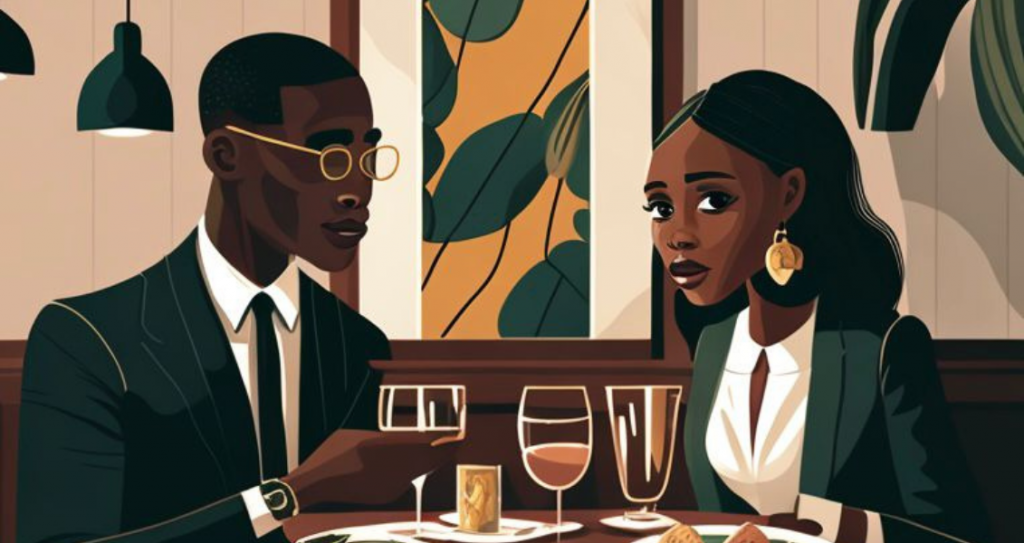
It happened like every true Nigerian’s nightmare — a man walked into a restaurant and hinged his hopes a little too much on Nigerian banks. *Tobi, a student of the Nigerian Law School in Victoria Island, went to buy food at the school cafeteria. He tried — and failed —to pay with his debit card.
He had no cash and the vendor was sceptical about accepting transfers. “I remember being really hungry, and then embarrassed because it was crazy having my card declined over and over again. I was already hearing the impatient grunts behind me. I didn’t even want to look back to see the faces of the people I was holding up in the line.”
It was in the awkwardness of this situation that *Susan, who had been waiting her turn in the queue, intervened. “We had just left class,” Susan says. I think it was Corporate Law Practice — and I was hungry as hell because CLP classes were usually long and exhausting. At the cafeteria, there’s always a queue but I got there early enough, so there were just a few people there. I was right behind him and I couldn’t wait for him to be done so I would just buy my food and go.” But Tobi was taking too much time, and she soon realised he was having issues with payment. “I had spare cash with me, so I offered to pay for him.”
Prior to that encounter, their paths had never crossed. Although Tobi had once spotted Susan as she strutted out of her hostel, they would only be meeting for the first time at the cafeteria.
“Normally, you wouldn’t want your first encounter with a fine girl to go like this. You know, being at her mercy and all,” Tobi says. “It was so embarrassing! I didn’t even notice her until she stepped behind me and whispered that she had some extra cash with her. Could she pay for my food?” She did, and Tobi waited until her turn so he could try and make the refund with a transfer and thank her more appropriately.
The food cost ₦1200 altogether, a sizable sum by student standards. But Susan declined, and this gesture would spiral into a friendship and blossom into a relationship.
“To be honest,” Susan says, “I really had no intention of taking the money back because the amount was something I could easily dispose of. At that moment I just really wanted to eat.”
Touched by this gesture, Tobi decided to make it up to her anyway. So he promised to buy her a meal whenever she wanted. “I told her I would be owing her a meal, redeemable any time. She asked why I was so sure I would see her again, and I told her it’s a small campus, the odds were quite high.” He was right.
A week later, he found her at the cafeteria again, and he lobbied his way up the queue just so he could stand behind her. When it got to her turn to pay for her order, he reached out from behind and insisted on paying. “I knew he wasn’t the person behind me when I just came in. Don’t know how he did it. I just saw him behind me asking to pay for my food.” They ended up at the same table, where they spent much of the evening talking about school and getting to know each other. After that night, they made it a habit of linking up after class so they could go to the cafeteria together. Over time, they started to spend time together outside of their dining schedules. “We kinda just got around the campus more,” Susan says. “It’s funny how much intimacy you can build from just eating together. I should have just run when he asked to sit on my table that night.”
As for Tobi, food was the only way he knew how to reconnect with Susan. “Whenever we spent some time apart and I wanted to reconnect, I would just text her to ask her if we could get something to eat. She never said no.”
Other than food, they shared other mutual interests: they were both anime fans, and they would often spend a chunk of their reading time discussing the themes and characters of Attack on Titan. They also shared a common interest in alternative music and made plans to attend Johnny’s Room Live together in December. But their most cherished memories in law school revolved around their interactions with food. Tobi credits Susan with introducing him to other restaurants and broadening his scope beyond Chicken Republic and rice and fish. Once Tobi went out of his comfort to order a meal for her when she was upset with him.
“One time I was really upset with him over something he did; that evening I got a delivery and it was banga soup and swallow. This was so random because it was not a meal he had ever been exposed to, given his background and where he grew up in Akure.”
Susan admits she’d once mentioned in passing that she missed banga and starch. So that evening, when he ordered the food, from JustAfang, Ikoyi, she melted; “That’s like the sweetest thing anyone did for me in law school.”
Tobi says he already had access to all the mainstream foods around, including the ones that are supposed to be Yoruba food like amala and ewedu. But he didn’t have a lot of such experiences so he used to be picky.
Susan has gotten around to cooking for Tobi just once — after they wrote their bar finals back in August. “Shortly after law school, he came around to see me at my sister’s place in Lekki. That was when I cooked for him for the first time. It was rice and I made the stew extra spicy because he likes pepper —”
“— There was no pepper in that food”, Tobi cuts in.
Since they both left law school, they have been separated by NYSC, with Susan remaining in Lagos for her service while Tobi catapulted northward to Kogi state. Despite the distance between them, they still find ways to feed each other.
“I still send her food in Lagos every now and then sha,” Tobi says. To the couple, food will always be a centrepiece of their relationship.
*Names have been changed to protect the identity of the subjects.









